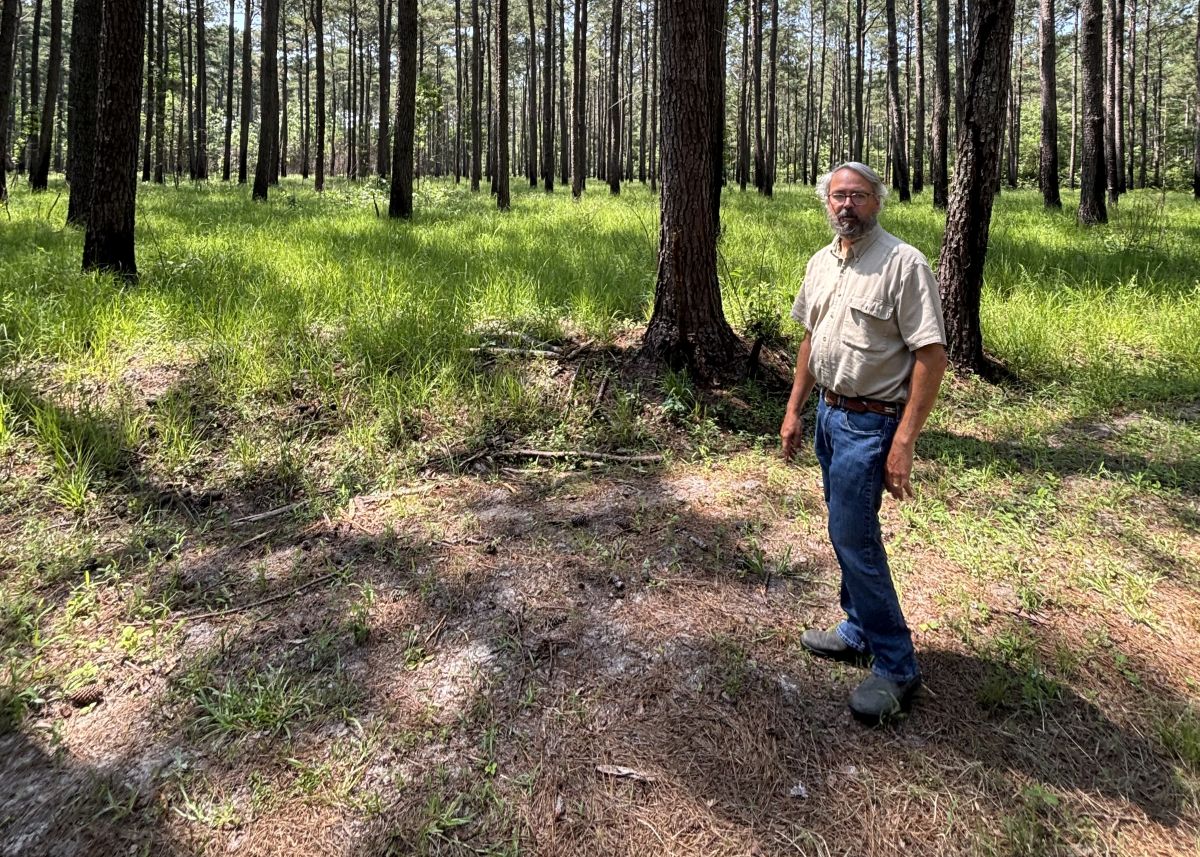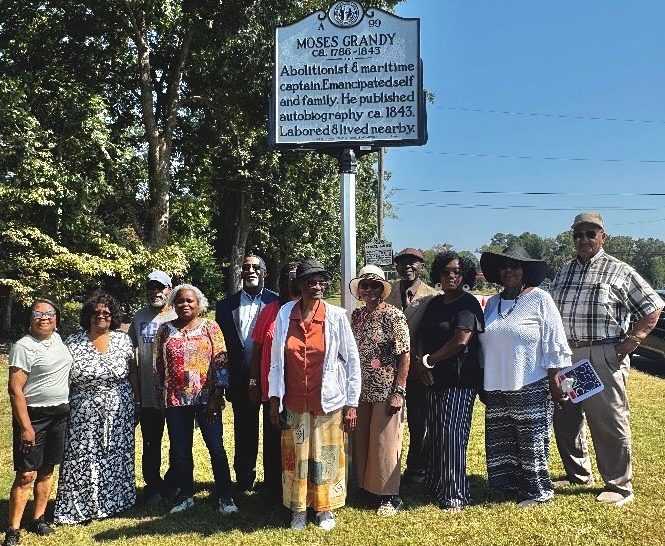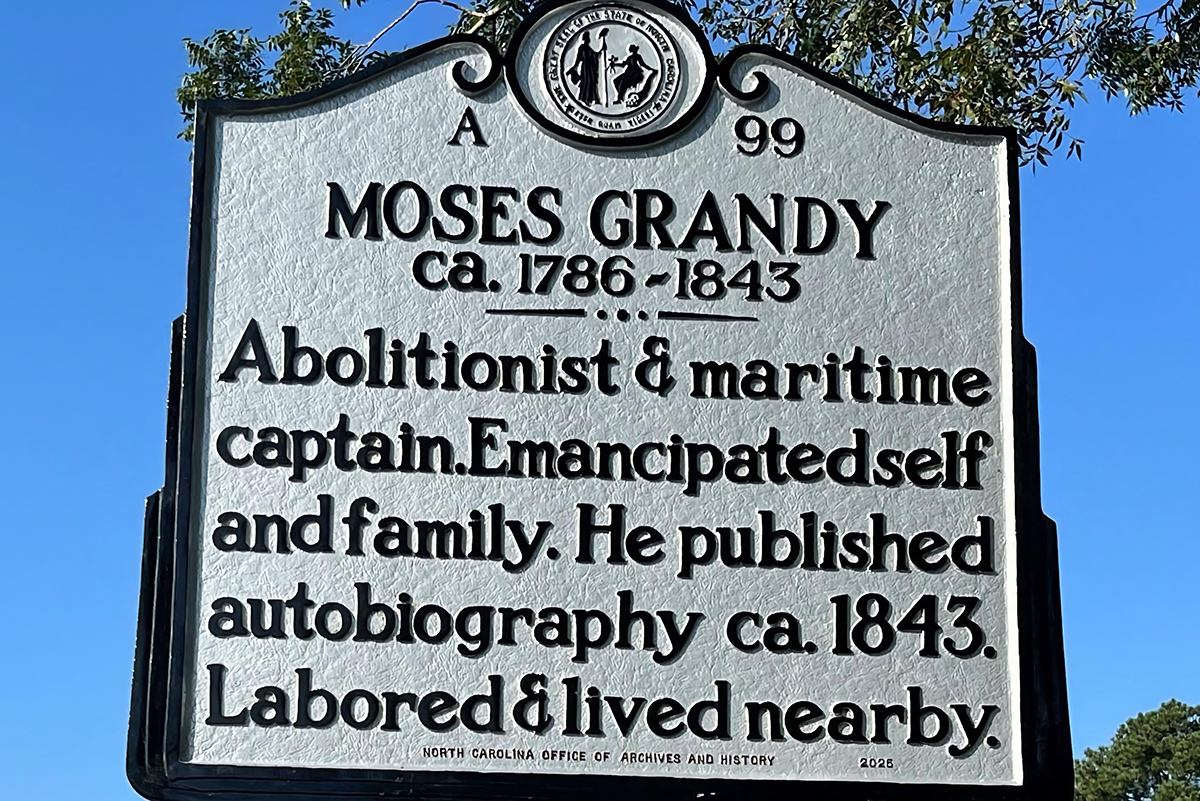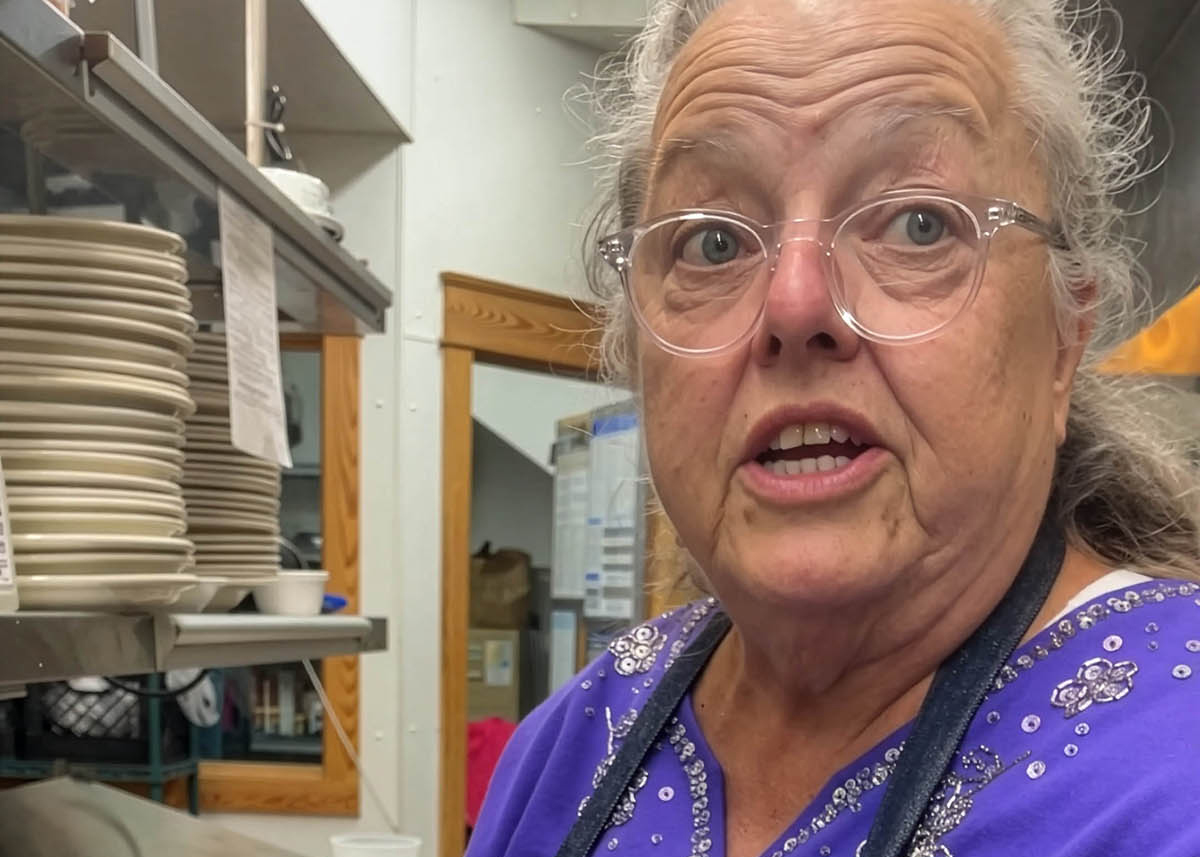
CURRIE – There have been nights Clint North has lost sleep thinking about his land.
Ten years from now, he knows exactly what he wants the hundreds of acres of land he’s bought up in this unincorporated area of Pender County to look like: exactly the same, if not better.
Supporter Spotlight
And, most importantly, natural.
But North has a choice to make and it’s a decision weighing more heavily on him with each passing year.
“What’s going to happen with the land? That’s my biggest fear. It has come to where it is a concern of mine to make sure that it’s preserved. And I’d say, in the last five years, it’s become more important because I’m getting older,” he said.
Earlier this year, North and his wife, Amy, were presented with a certificate that essentially marks a first step toward permanently conserving the mostly forested land he’s purchased in plots and large chunks in this rural area southwest of Burgaw, the county seat.
North has registered 1,988 acres with North Carolina’s Natural Heritage Program, committing to protect and preserve the land’s biological diversity and natural qualities, and maintain it in as natural of a condition as possible.
Supporter Spotlight
He is one of only three property owners in the state to register 1,000 acres or more with the program.
But what makes North’s commitment even more unique is that he has spent more than half of his life acquiring land within this quiet countryside perhaps best known as the home of Moores Creek National Battlefield with the sole intent of keeping it natural.
“That is not common that is for sure,” said Scott Pohlman, Natural Heritage Program’s nature preserve property manager. “We’re certainly encouraged by it. We’re really excited to run across folks like Mr. North who are motivated to do this kind of work. I can’t tell you how excited we are to work with him.”
A labor of love
North is a true Wilmingtonian, a rarity these days, born and raised in the state’s largest coastal city.
Before Interstate 40 sliced a four-lane fast track to the Port City, life there was quite different than it is today.
North spent his childhood playing in forests long since chopped away and replaced by neighborhoods and businesses. Those woods introduced him to native carnivorous plants: Venus flytraps, pitcher plants and sundews.
He loved being out in the woods. That drove him to pursue a degree in biology.
Prompted by his father to get to work after graduating from college, North took a job with a large commercial construction company in town. It was far from the field he dreamt of working in, but it paid the bills.
Truth be told, it has funded his pursuit for land, one that stretches back to the late 1980s, when he and his wife, a fellow native Wilmingtonian, shared a desire to move out into the country.
With just a couple of years of marriage under their belts and a one-month-old son, the budding family moved out of Wilmington and into a home nestled in 125-acre tract North bought in Pender County.
The construction business kept him busy, traveling throughout the state and into Virginia and South Carolina.
At home, the sprawling woodlands he called home were his refuge, a place he walked and studied, hunted, fished and paddled with his wife and three sons. This is the land where he taught his sons how to respect and appreciate forests in their natural state.
He spent time bushhogging and learning other forestry techniques in those woods, all the while keeping an eye and ear out for more land prospects in the area.
In 1993, he bought a 525-acre tract across Moores Creek from his homestead.
“That was a big step,” North said. “I didn’t know how far it would go. I mean, it’s still not over.”
Opportunities to buy more land kept coming his way — a hundred acres here, 140 acres there. Much of the land sold to him has been by heirs of expansive land owners back in the day. Sellers seem to appreciate the fact that North wants to keep the land natural.
He’s a card-carrying, certified prescribed burner.
His handy work stands out in neat, patchwork-like blocks of forest carefully thinned out by fire and other land management measures on portions of his land.
What started out as a hobby “kind of turned into a passion,” once North retired from construction.
He’s walked every acre of his land, finding surprises along the way that tease his curiosity about its history.
He’s planted acres of long leaf pine, added native, pollinator-friendly plants to the landscape, and located and documented carnivorous plants. He can point out Carolina bays, those shallow wetland depressions that are often fed by rain or groundwater, on his land.
More than 240 acres of the land has been identified as primary natural areas, or those intact, old growth and natural habitat, by the heritage program. The remaining acreage has been designated as habitat restoration.
A ‘champion’
Chuck Roe, the founding director of North Carolina’s Natural Heritage Program, called North’s efforts to buy and preserve land, “very rare, very exceptional.”
“He is a true champion for conservation and a role model and should be recognized and honored for his conservation good deeds,” Roe said. “And, hopefully, other land owners will learn from his example and be willing to be good stewards of their land as well. The realities are that state and federal agencies are not going to be buying much more land.”
North is keenly aware that the “nice, cleared farmland” in the area, especially along U.S. Highway 421, a scenic byway that stretches through North Carolina from Fort Fisher to the Blue Ridge Mountains, is perfect for development.
He expects the whole area will change.
Conservation easements are the easiest way for him to preserve his land in perpetuity.
He’s talked with members of different land conservation organizations. He goes to meetings hosted by different organizations to learn as much as he can about the different conservation programs that are out there.
“At least that by being in the (heritage) program it kind of gives me, I’m going to say, a leg up if I were to do a conservation easement or get into some other conservation program because some of the work has already been done,” North said. “Yesterday, I got two letters in the mail that want to buy my land. I just throw them in the trash can.”







